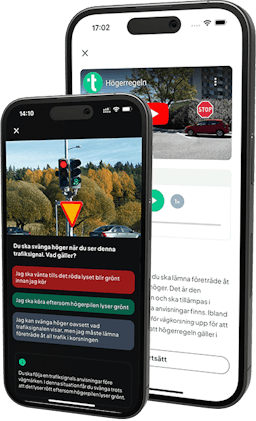Tiredness
Tiredness and driving is a dangerous combination. You are most likely to drift off if you have slept badly, driven long distances or recently eaten a heavy meal. Driving when tired can be life threatening and result in serious accidents.
What happens when we get tired?
- Reflexes and ability to react are impaired
- Ability to concentrate is impaired
- Judgement is impaired
- Perception is impaired
- Ability to think, assess and make decisions is impaired
- Coordination is impaired
- Directional control is impaired
Signs of Tiredness
It is important that we learn to identify signs of tiredness. Signs can vary from person to person, but some common examples include:
- Optical illusions and double vision
- Dry mouth
- Yawning
- Difficulty maintaining an even speed
- Feeling disengaged and mentally tired
- Eyelids feel heavy
- Neck muscles relax
- Coldness
- Microsleep can occur - this is a short period of unnoticed sleep where you lose concentration. It can last for as little as a few tenths of a second.

When you notice one or more of these signs, it is important that you take steps to make sure you do not fall asleep at the wheel. If you feel tired before you even get in the car, you should try to avoid driving altogether. Driving when tired can be counted as drunk driving in the eyes of the law. If a driver causes an accident because of tiredness, this is equated with driving under the influence.
What to Do If You Are Tired
- Powernap: Stop the car and sleep for a short while; around 20 minutes can be enough.
- Cold air: Open the windows or turn on the air conditioning.
- Music: Turn on the radio or another source of music. You can even try to sing along to keep yourself occupied.
- Walk: Stop the car and take a short walk to get your circulation going.
- Coffee/energy drink: Caffeine can make you more alert. But keep in mind that this is only a short term measure.


